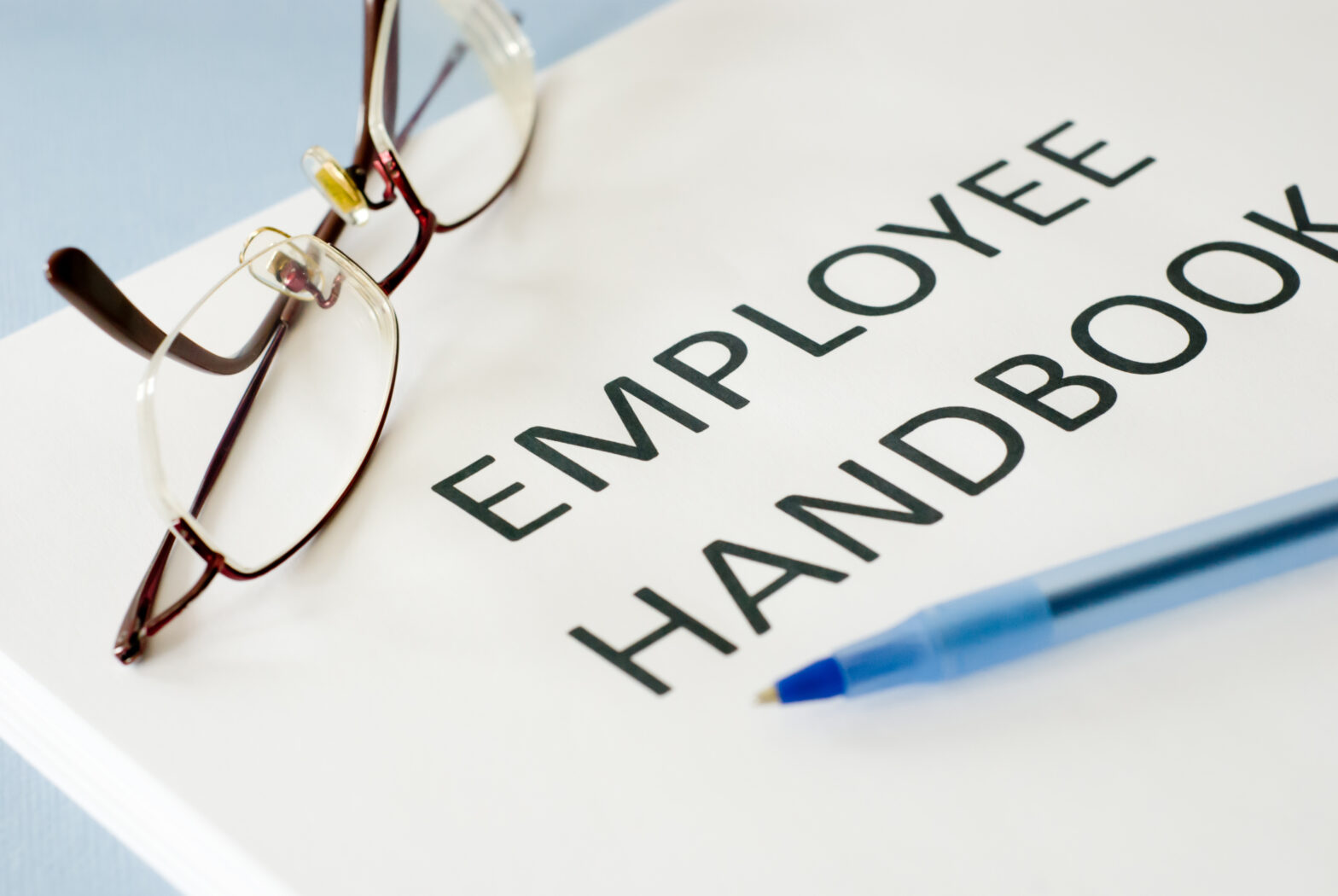A new international survey highlights how the odds are stacked against female entrepreneurs, with women more likely to start their business much later in life and with less access to funding.
These were among the findings from a poll of more than 1,700 entrepreneurs from the US, UK, Europe and Australia by the online graphic design marketplace 99designs.
The survey highlights the funding gap that exists between the sexes, with men twice as likely to receive $100,000 in investment. Women tend to start their entrepreneurial career later in life than men and they’re more likely to improve their skills via the structured approach of a course whereas men favour doing so via books.
Key findings
Men twice as likely to have raised +$100,000 in funding.
Substantial funding obstacles exist between the sexes – 12 per cent of men had secured $100,000 or more in funding compared to only 6 per cent of women.
However, UK female entrepreneurs are bucking the trend as a higher percentage (11 per cent) had secured over $100,000 in investment vs 6 per cent of their male entrepreneur counterparts.
With the venture capital sector remaining a male-dominated industry, the odds are already stacked against female entrepreneurs.
Women also tend to be more risk-calculating and going after that initial (seemingly) high seed might be daunting. Support from experienced female peers within the VC sphere may help to deter and overcome any fears of risk or existing gender bias.
Young ventures?
Men start their entrepreneurial ventures younger than women
Nearly a fifth of men (18 per cent) start out at age 18-25, versus only 12 per cent of women. Of those entrepreneurs who began aged over 35, 43 per cent of women fell into this category vs 33 per cent of men.
These patterns are most likely down to more women starting up an enterprise when their children have started school when they have more time to pursue a passion.
Returning to the corporate world still presents its challenges after extended maternity leave and the freedom of self-employment can be extremely beneficial.
Family or business?
Men work more hours a day on their venture while women (still) spend more time with family.
Nearly a fifth (19 per cent) of women entrepreneurs managed to spend over five hours a day with their family vs 13 per cent of men. The number of hours worked demonstrates the opposite trend, with 13 per cent of men working over 12 hours per day, vs 7 per cent of women.
Of course deliberate family choices affect these patterns, but men still spend more time on paid work than women and women more on childcare and household chores.
Gender roles are undoubtedly converging, but we are still seeing the same patterns reflected amongst those who have started their own entrepreneurial venture.
How do they learn?
Men are more likely to read books to improve their skills, while women are more likely to take a course.
Nearly a fifth (18 per cent) of men prefer to better their skillset via books, versus 13 per cent of women. It seems that a more structured learning is the method of choice for women, with 14 per cent of them favouring a more academic option to men (9 per cent).
Our survey as a whole has shown that women place more value on camaraderie and mentorship and I think group learning provides this kind of support and positive reaffirmation.
It is also a good way to network, which is another trait women listed as vital and one they commonly need to build to enable them to succeed.
Where is the support?
Women are more likely to seek support from a professional mentor.
Only a minority of entrepreneurs use professional mentoring – globally only 8 per cent of men did so vs 10 per cent of women. However British female entrepreneurs are more likely to seek help from a mentor than their male counterparts (14 per cent vs 11 per cent).
Female entrepreneurs often struggle to get out of their comfort zone and so it’s great to see female entrepreneurs, especially in the UK, place more value on professional mentoring.
This is important for aspiring female business owners as reaching out to a mentor can provide the support needed for success.
How do we connect?
Men value patience as the most important while women value networking.
Nearly a quarter (23 per cent) of women believe networking is the most important skill when starting a business (vs 19 per cent of men). Patience was a much more valued trait for men (18 per cent) while only 12 per cent of women thought it was a key trait.
The fact that men place more importance on patience is likely driven by the fact that they are more impatient than women.
Research also shows that women tend to have smaller professional networks than men – so it seems both sexes are attuned to their respective ‘weaknesses’ and cited them as the most important traits they strive to improve upon.
Challenge yourself
Getting out of their comfort zone’ is the biggest challenge for women.
A fifth (20 per cent) of female respondents listed this as their biggest challenge to getting started – the figure (14 per cent) was significantly lower for male respondents.
All entrepreneurs are stepping into the unknown to a degree, but the findings show that this is even more of a challenge for women.
Opening yourself up to rejection or failure is hard for anyone, but female entrepreneurs find taking these risks harder.
Despite the gender gap that our survey exposes, the encouraging news is that more and more women are taking up the entrepreneurial challenge. In the US the number of women owning their own business is up by 30 per cent – and since 2008 in the proportion of UK SMEs run mainly by women has increased from 14 per cent to 20 per cent.
The challenge from here is to identify and understand the gender biases that might affect females starting businesses, and use this to support them and their male counterparts equally.
Pam Webber is chief marketing officer at 99designs.





